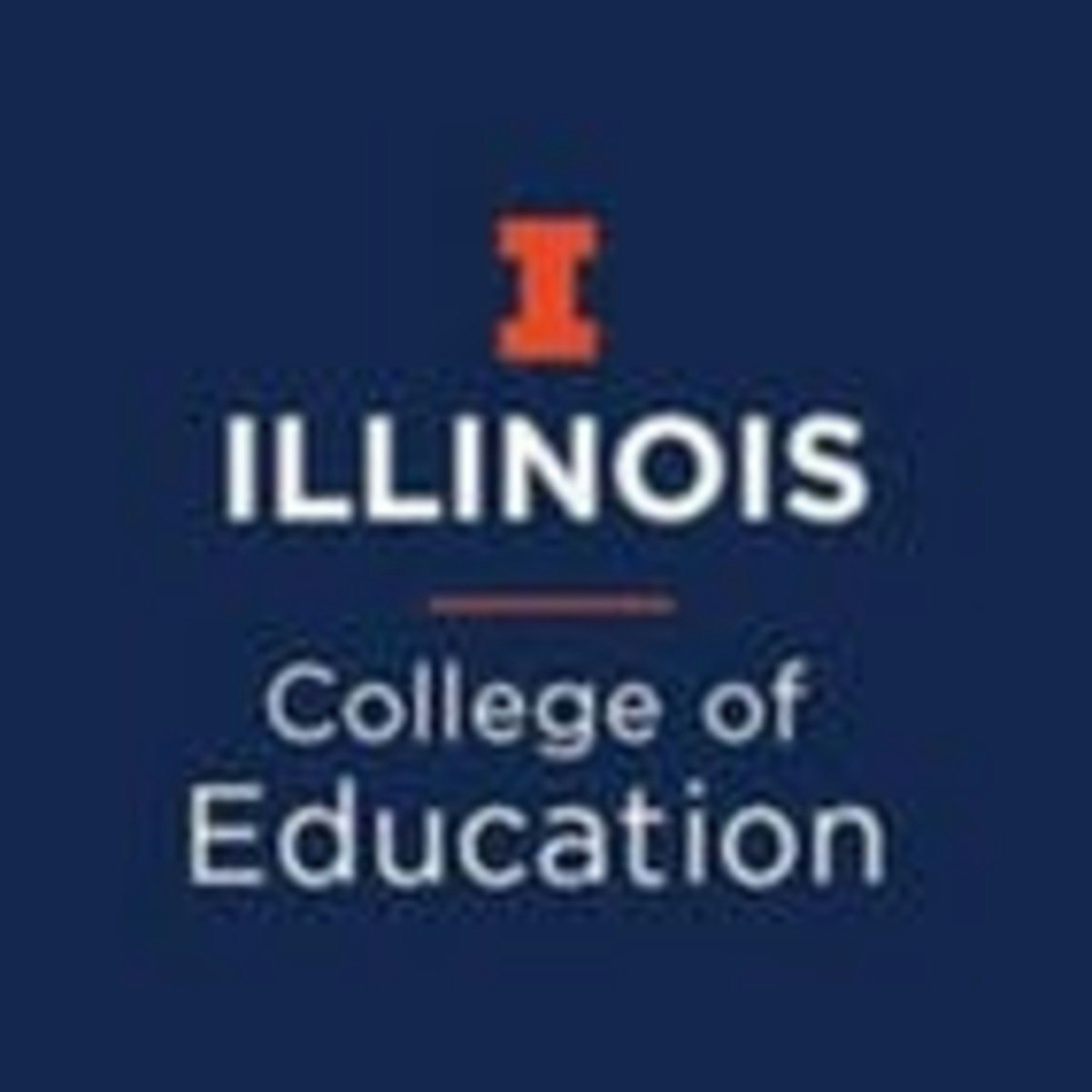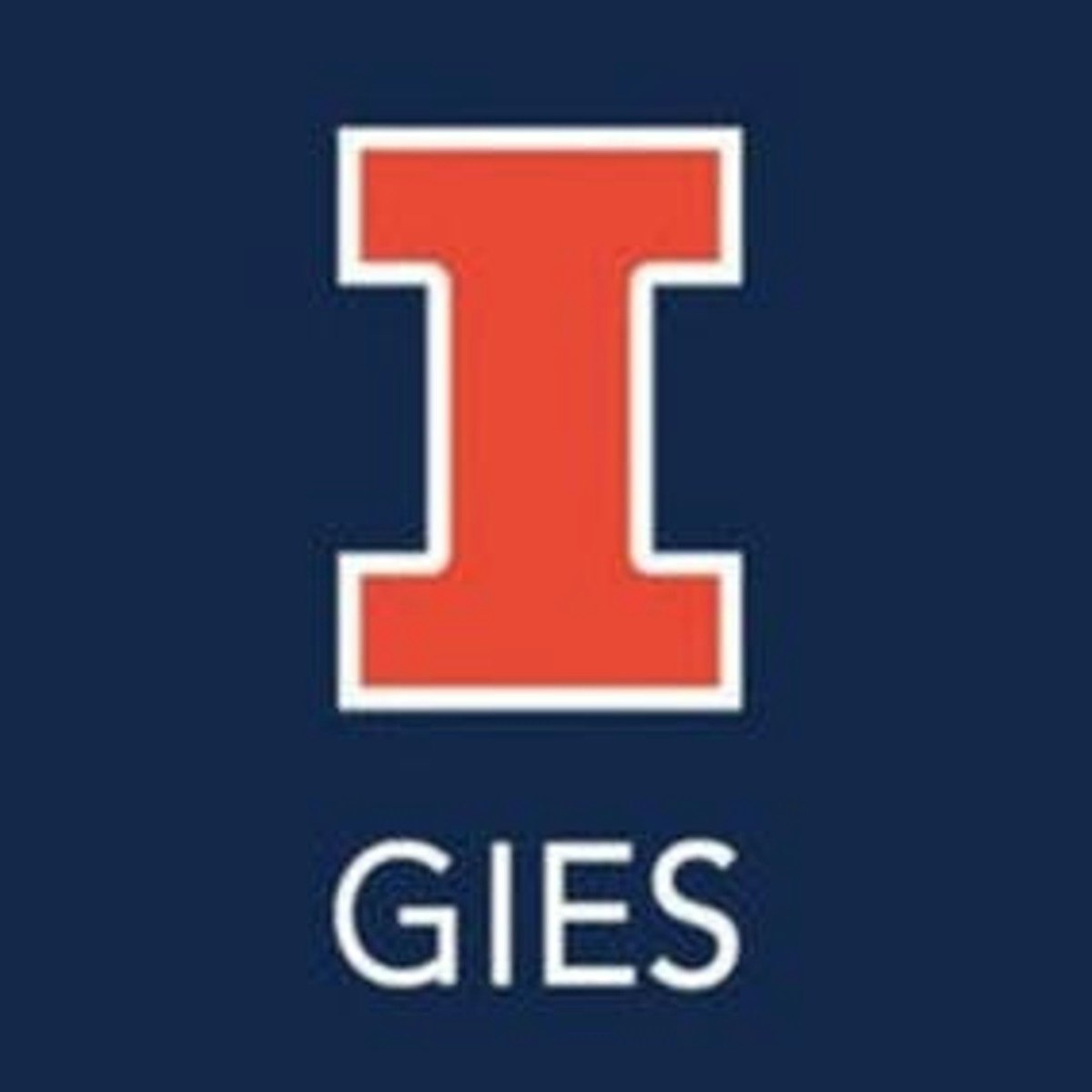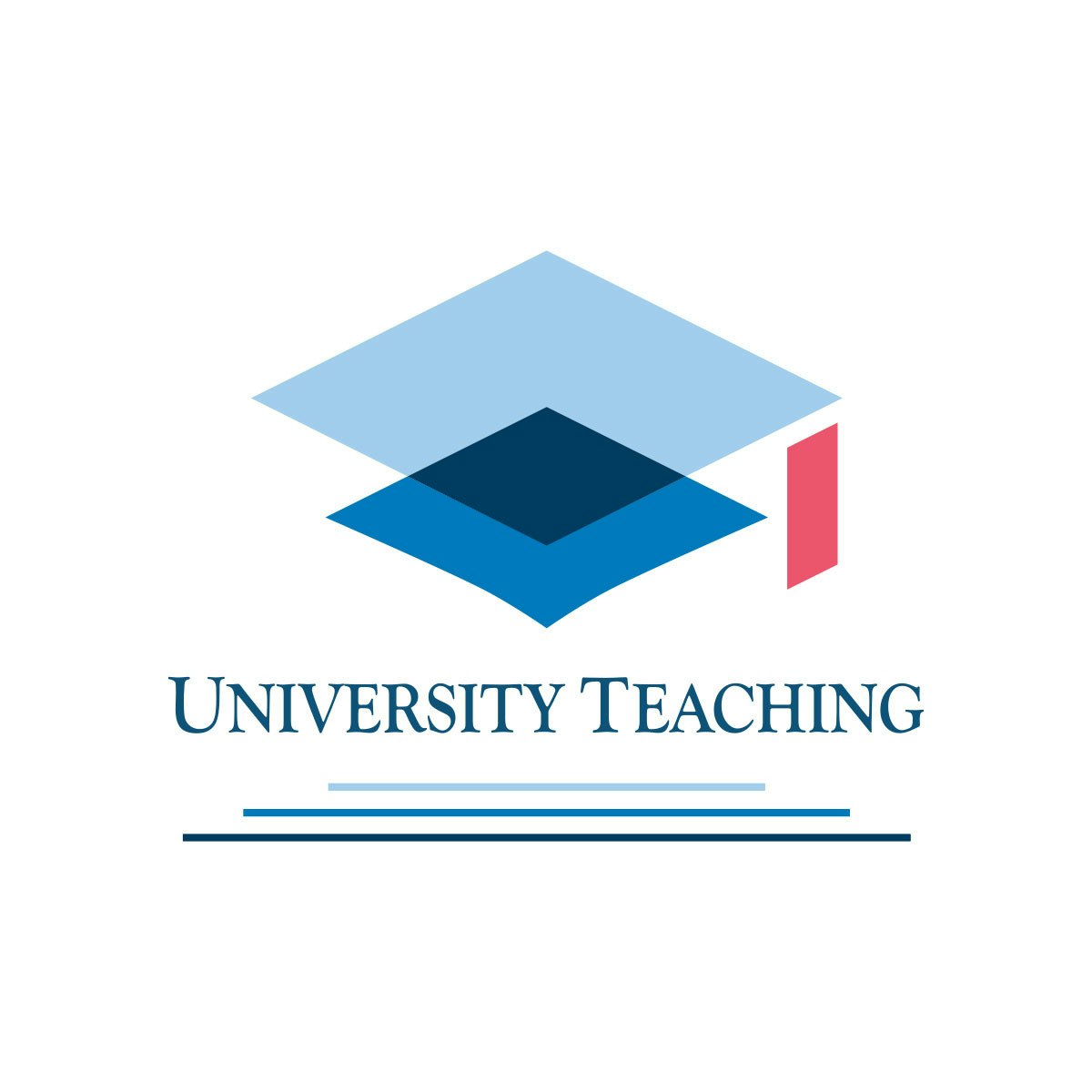Back to Courses









Social Sciences Courses - Page 14
Showing results 131-140 of 672

Constructivism and Mathematics, Science, and Technology Education
This course is designed to help participants examine the implications of constructivism for learning and teaching in science, mathematics, and technology focused areas. Course readings, discussions, and assignments will examine constructivist views of learning, research on students' ideas and idea-based interactions, research on instructional approaches taking student ideas into account, and challenges in implementing constructivist perspectives in instruction.

Foundations of Teaching for Learning: Introduction to Student Assessment
The Foundations of Teaching for Learning programme is for anyone who is teaching, or who would like to teach, in any subject and any context - be it at school, at home or in the workplace. With dynamic lessons taught by established and respected professionals from across the Commonwealth, this eight course programme will see you develop and strengthen your skills in teaching, professionalism, assessment, and more. As you carry on through the programme, you will find yourself strengthening not only your skills, but your connection with colleagues across the globe. A professional development opportunity not to be missed.
There are various techniques which help to assess student learning. This course helps teacher to acquire the skills to develop and use appropriate assessment procedures.
Enhance your course by joining the Commonwealth teaching community on our website, Facebook and Twitter.

Necessary Condition Analysis (NCA)
Welcome to Necessary Condition Analysis (NCA).
NCA analyzes data using necessity logic. A necessary condition implies that if the condition is not in place, there will be guaranteed failure of the outcome. The opposite however is not true; if the condition is in place, success of the outcome is not guaranteed.
Examples of necessary conditions are a student’s GMAT score for admission to a PhD program; a student will not be admitted to a PhD program when his GMAT score is too low. Intelligence for creativity, as creativity will not exist without intelligence, and management commitment for organizational change, as organizational change will not occur without management commitment.
NCA can be used with existing or new data sets and can give novel insights for theory and practice. You can apply NCA as a stand-alone approach, or as part of a multi-method approach complementing multiple linear regression (MLR), structural equation modelling (SEM) or Qualitative Comparative Analysis (QCA).
This course explains the basic elements of NCA and uses illustrative examples on how to perform NCA with R software. Topics include (i) Setting up an NCA study (ii) Run NCA and (iii) Present the results of NCA.
We hope you enjoy the course!

Introduction to the Nonprofit Sector, Nonprofit Organizations, Nonprofit Leadership and Governance
This course introduces you to the nonprofit sector, nonprofit organizations, and the concepts of leadership and governance. While this course has been developed with North American culture in mind, we do appreciate that in other parts of the world the nature of the nonprofit sector, nonprofit organizations, nonprofit leadership and governance may not be the same. Nevertheless, it is our hope that much of the course content will still be of value to those in other parts of the world.
To learn more about this course, please watch the overview video by copying and pasting the following link into your web browser: https://goo.gl/YMg1Qd.
Keywords: Nonprofit; Nonprofit Sector; Voluntary Sector; Nonprofit Organizations, Non-Governmental Organizations, Volunteer Organizations, Leadership, Management, Governance, Board, Board of Directors, Performance, Effectiveness
Course 1 Overview:
Week 1: Some of the questions you will explore this week are: What is the nonprofit sector and why does it exist? What are the unique characteristics of nonprofit organizations? What are the trends and emerging issues facing organizations in the nonprofit sector?
Week 2: Questions to be explored this week are: What is leadership at the governance level and how is it different from management? What is good governance and why does it matter? What is a board of directors?
Week 3: This week's questions: What roles do board members play in nonprofit organizations? Broadly speaking, what are boards responsible for and how do they go about their work? What are some of the issues that challenge the board's ability to go its work?
Week 4: At this stage, you are asked to review the course content, submit a written assignment (known lightheartedly as a BEAR (Board Effectiveness Readiness Assessment), and take two multiple choice Readiness Assurance Tests (known similarly as RATs). One RAT will assess knowledge and reading comprehension and the other will test application of knowledge within a practical case.
Week 5: We will encourage you to discuss the RATs in the discussion forums and take them again should you wish to change any of your answers based on the information exchanged.

Basic Information Literacy
Learn how to begin tackling a big project or presentation. Join today and equip yourself with basic information literacy skills to navigate the vast landscape of knowledge to find just what you need.
This course will cover creating a workable project/presentation, understanding the various types of information sources, searching the various types of information sources, recognizing faulty information or bias, using proper citation conventions, avoiding plagiarism, and skimming information to pull relevant details. We will use a combination of video and readings with weekly quizzes to move through the learning.
By the end of the course you’ll be able to:
• Brainstorm a project/presentation topic
• Narrow the project/presentation topic
• Identify your information gaps
• Locate valid, internet information sources
• Compose appropriate search strategies
• Evaluate information for authority, accuracy, balance, and currency
• Use information in a project/presentation ethically
In addition to earning a certificate from Coursera for this course, you'll also receive a Micro-Credential Digital Badge from the University at Buffalo, the State University of New York recognizing your accomplishment. Use your verified digital badge to promote your achievement online, and access job insights related to your new skills. Upon completion of each individual course and the complete Specialization, you will receive an email from Coursera with directions on how to claim your badge. Payment or participation through an official Coursera promotional offer is required to have full access to the course and to qualify for the Coursera Certificate and Digital Badge.

Writing and Editing: Drafting
This third course in the “Good with Words: Writing and Editing” series will give you a number of strategies to help with what is often the most intimidating, even paralyzing part of the writing process: getting started.
You’ll learn about the “planning fallacy” and “temptation bundling.” You’ll get a chance to experiment with “freewriting” and “writing before you are ready.” And you’ll continue to benefit, through our ongoing “Good Sentences” and “Takeaways” segments, from the models and advice of a diverse set of writers.
As with the other three courses in this series, you will also get access to a wide range of books and other resources you can use even after you finish the course. These include: (1) the readings and exercises provided to the students who have taken the in-person version of this course at the University of Michigan and the University of Chicago; (2) two digital libraries of excellent writing from a diverse collection of journalists, scientists, novelists, poets, historians, and entrepreneurs; and (3) a monthly “Good Sentences” email.

Traditional herbal medicine in supportive cancer care: From alternative to integrative
Please join us for an exciting and innovative journey, examining one of the most important and often overlooked aspects of the oncology setting:
Traditional Herbal Medicine in Supportive Cancer Care.
This course is presented with short lectures offering a wide range of issues related to the principles and practice of herbal medicine in cancer care. The course includes interviews with leading world experts from the field of Integrative Oncology, from the U.S. and Canada, as well as Europe, the Middle East, China and Japan.
By the end of the course, you will:
• Understand core concepts in Integrative Oncology, as they relate to the supportive/palliative cancer care setting
• Acquire effective communication skills which will foster a better understanding of patients' views on herbal medicine, while providing guidance on the safe and effective use of these products
• Be able to design, together with patients, caregivers and healthcare providers, a patient-tailored and cultural-sensitive integrative oncology treatment program, including the use of herbal medicine
• Be acquainted with leading "players" who can share their experience in creating and implementing an integrative oncology program
The course has been specially designed to provide information and guidance at a level appropriate for patients and non-medical participants, as well as medical professionals interested in receiving evidence-based guidance on the safety and effectiveness of herbal medicine in cancer care.

Sustainable Development - Ideas and Imaginaries
Ideas and imaginaries inspire human capacity for great endeavours, but ‘conventional wisdom’ frequently prevents necessary change. Achievement of global sustainable development is, therefore, dependent on a profound comprehension of the preunderstandings and implicit imaginaries that form both our perception of reality and our basic confidence in the viability of transgressive action.
The present-day concept and ideal of sustainable development contains many interlaced meanings and many contradictions. In order to bring out the concept’s indisputable transformative potential, and be able to gain support, promote decision-making and take action in it, it is, therefore, requisite to disentangle this mélange and shed light to the implicit preunderstandings .
This course will contribute to doing so by focusing on the historical roots and multiple layers of meaning of sustainable development, and by exploring questions such as: ‘What is the historical background of the current Sustainable Development Goals?’, ‘Which imaginaries about relations between individual and collective tend to promote and prevent sustainable solutions?’, ‘How can ideas about humans and nature affect global development?’, And ‘how do we as humans react on inconstant notions of time and change?’
During this course, you will meet associate professor in history Bo Fritzbøger from Centre for Sustainable Futures as the primary lecturer and a range of cultural, natural and social scientists, all from the University of Copenhagen working with different aspects of sustainability thinking.
We hope that you will join us in the course and qualify your participation in current discussions about how to achieve common sustainable development in a divided world.

Multistate Taxation
This course will examine state and local tax laws prevalent in the United States today. The course will consider the historical progression of state and local taxation, the power of states to tax (and the limitations on that power), and planning strategies for minimizing the impact of state and local taxation. Discussions will focus on income taxes, sales taxes, and property taxes.
If you enjoy this course, consider enrolling in our online graduate Accounting program. The University of Illinois at Urbana-Champaign, consistently ranked as one of the nation's top three accounting programs, now offers a master’s in accounting at a very affordable tuition rate and is completely online. The iMSA is a full Master of Accountancy program and students graduate with an MS that is highly recognized. Try an open course or two, then apply for admission into the credit-bearing version as you may be eligible to take credit-bearing courses during the application process. If you are missing any prerequisites for the full degree, you can complete Coursera courses to demonstrate readiness and strengthen your application for the iMSA. For more information on this exciting iMSA online program, refer to this link: https://www.coursera.org/degrees/imsa

University Teaching
University Teaching is an introductory course in teaching and learning in tertiary education, designed by staff at the Centre for the Enhancement of Teaching and Learning at the University of Hong Kong.
With input from instructors, guests and interviewees, including teaching award winners, students, and experts in the fields, you will be exposed to research evidence in relation to effective university teaching and practical instructional design strategies. You will also be exposed to multiple examples of effective teaching, and hear the views of teachers whose teaching has been judged to be excellent.
More specifically, University Teaching will help you to address the following questions:
- What does teaching in higher education involve?
- What does research evidence tell us about effective teaching in higher education?
- How can we ensure that our instructional design will help our students achieve their intended learning outcomes?
- What pedagogic options do we have to make our teaching successful?
- What assessment and feedback practices can help our students learn more effectively?
After completing the learning tasks in this course, you will be able to:
- Discuss the teaching and learning context in higher education and reflect on the potential challenges and opportunities you might encounter.
- Explain key teaching and learning concepts and relevant evidence in relation to effective university teaching.
- Analyse the relationships between various aspects of teaching and student learning.
- Identify a range of instructional strategies to support effective student learning.
- Apply key concepts to the structuring of course outlines and lesson plans in order to create learning experiences to support successful student learning.
Course trailer: https://www.youtube.com/watch?v=ZJu-dViz3NE
Course outline: http://www.cetl.hku.hk/wp-content/uploads/2017/03/CETL-MOOC-course-outline.pdf
Popular Internships and Jobs by Categories
Browse
© 2024 BoostGrad | All rights reserved


